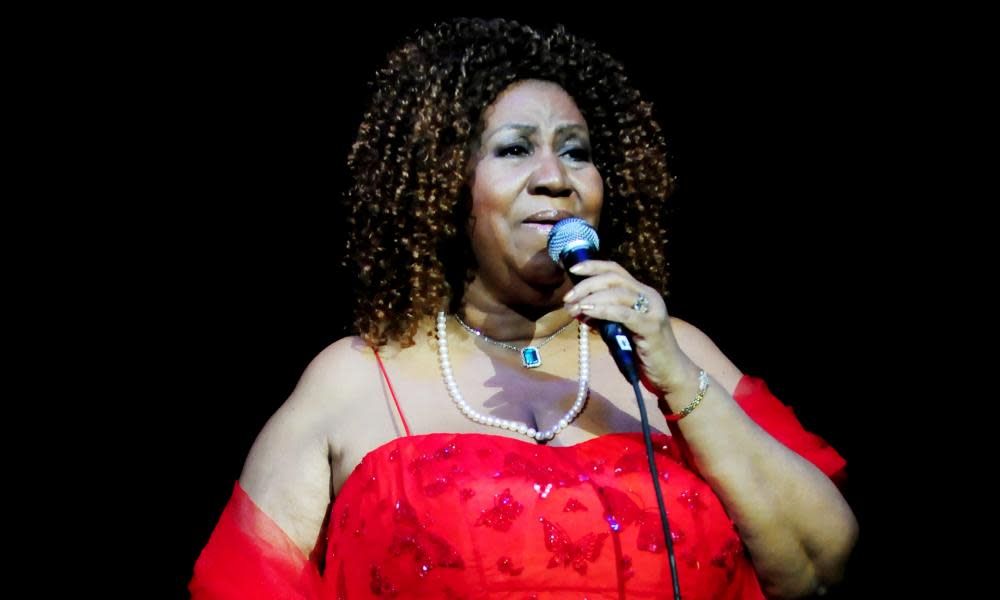The Guardian view on the secret of singing: whatever it is, Aretha knew it

Singing is one of the most ancient and the most widespread of expressive human activities. As a recent history of singing puts it, singing has continually evolved “from Neanderthal man to Auto-tune” via an infinite variety of musical styles in between. Yet it is only in the past 120 years that humans have been able to listen to singers of the past and make real-time comparisons across cultures and eras. Even armed with that advantage, no one can say with any meaning that one singer towers above all others, when there are so many traditions and singers to choose from. Yet when Rolling Stone selected the late, great Aretha Franklin as the greatest of all time, we all understood why.
There have always been certain singing voices that seem to reach out and speak to something beyond most of the others. Some great voices do this, in part, because their distinctiveness is intimately associated with some large moral cause: Paul Robeson with racial justice or Joan Baez with civil rights, for example. Others achieve their connection by representing the zenith of a particular cultural tradition: Umm Kulthum in Egypt, Nusrat Fateh Ali Khan in Pakistan or Youssou N’Dour in Senegal. Still others uniquely embody a time and place in their art: John McCormack with early 20th-century Ireland, perhaps, or Édith Piaf with postwar Paris. In western art song and opera, voices like those of Kathleen Ferrier, Luciano Pavarotti or Maria Callas have the capacity to leap out from the score to touch anyone who has ever heard their unique sound. In 20th-century pop music, the voice of Elvis Presley is as iconic and identifiable in the west as that of Teresa Teng – whose voice was memorably described as “seven parts sweetness, three parts tears” – is in the east. No list of examples will be exhaustive. There are, it goes without saying, many others.
Franklin demanded special attention in several of these categories. She was always associated with a great moral cause, in her case the empowerment and celebration of African Americans. She embodied the voice not just of black America but of women more generally. She sang in and of a time and place. But, above all, her voice had such a range of expressive intensity and sureness – too many of her imitators confuse it with mere volume – that it went to a place in the human experience that most of her contemporaries could not reach. In her case it was the singer and the sound as well as the songs.
There is no unique quality to the greatest of singing voices that marks them out from all the others. Each great voice is different. The critic Roland Barthes once tried to divide singing into geno-song – sensual and physical – and pheno-song – technical and learned. It was a false distinction, for the best can do it all. Like Callas in La Traviata, Franklin could make a song like Respect or Natural Woman speak for the universal condition. In his obituary this week, Richard Williams wrote of Franklin’s capacity for vocal exaltation. We all know what he meant, and it was unforgettable.

 Yahoo News
Yahoo News 
